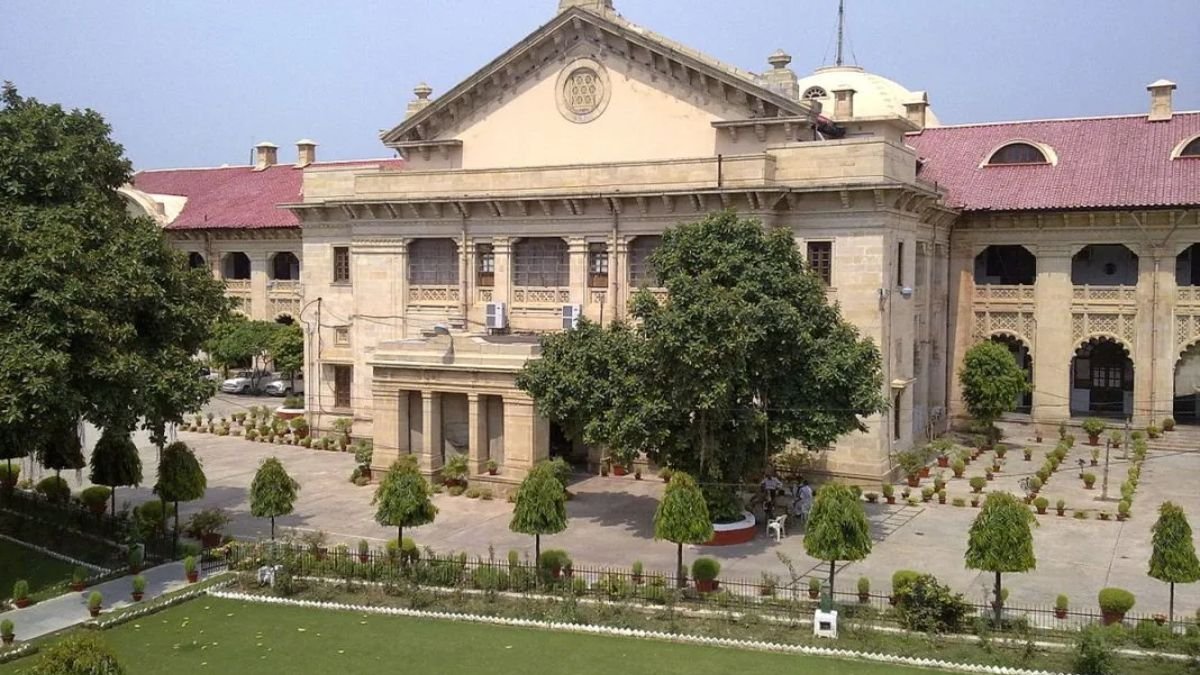Gandhi, My Father, And Ram: Embracing Devotion Without Hate

Discover the profound insights of “Hari Se Badaa Hari Ka Naam,” a devotional mantra that transcends contemporary conflicts and tumultuous times. Rajni Bakshi reflects on the timeless nature of this devotion and its potential impact on our political landscape.
Rediscovering Ram: A Bhajan’s Influence

In the mid-1960s, Rajni Bakshi’s father embraced the bhajan “Hari Se Badaa Hari Ka Naam” from Ramayan devotees in Bangalore. Despite her young age, the joy and beauty of the bhajan resonated with Rajni, especially the verses that speak of lovingly remembering Ram and the anticipation of his eventual arrival.
Faith as Timeless Striving
The bhajan encourages cultivating faith, a timeless striving that presents a challenge—how can this faith enhance our creativity in navigating the turmoils and conflicts of our contemporary world?
Sant Dass: A Man of Wisdom
Rajni’s father, Sant Dass, found his answer to this challenge instinctively. Despite living through the trauma of Partition in Lahore, he carried no bitterness. Witnessing Gandhi’s funeral procession in 1948 fueled his resolve to stand against darkness. As an officer in the Reserve Bank of India, he raised his children with a universal outlook, embracing joy in various places of worship and undertaking pilgrimages across India.
The Anchor of “Hari Se Badaa Hari Ka Naam”
Internationally acclaimed in agricultural credit systems, Sant Dass remained a family and friends’ anchor with his mellifluous rendition of “Hari Se Badaa Hari Ka Naam.” The bhajan became an integral part of family rituals, even in the face of Alzheimer’s, where he continued to recall it.
The Beauty of Simplicity
The bhajan’s beauty lies in its simplicity—a reaffirmation of the enduring truth that the faith in higher human faculties like love, compassion, and resilience is more powerful than any material manifestation of divinity.
Ram Naam: Gandhi’s Life-Breath
For Mahatma Gandhi, “Ram Naam” was the life-breath that empowered him to creatively grapple with the energies of darkness. Despite hate mail and accusations of being anti-Hindu, Gandhi remained steadfast, refusing to hate the haters.
Hope in Altered Stanzas
A poignant example of the bhajan’s impact is seen in the altered final stanza by Rajni’s nephew. The slight tweak infuses hope, expressing concern rather than condemnation for those who may not feel the essence of Ram’s name.
Darkness and “Hari Se Badaa Hari Ka Naam”
In contrast to disputes over worship structures and locations that seem “real” and destructive, the enduring power of “Hari Se Badaa Hari Ka Naam” persists. It reminds us that darkness is a frame of mind that falsely convinces us that hatred and cynicism are more effective than goodness.
“Hari Se Badaa Hari Ka Naam” endures, resonating with timeless truths that transcend current disputes and turmoils. Rajni Bakshi leaves us pondering how this devotion might energize our political strivings in ways we may not fully comprehend.
The Hindustan Herald Is Your Source For The Latest In Business, Entertainment, Lifestyle, Breaking News, And Other News. Please Follow Us On Facebook, Instagram, Twitter, And LinkedIn To Receive Instantaneous Updates. Also Don’t Forget To Subscribe Our Telegram Channel @hindustanherald








